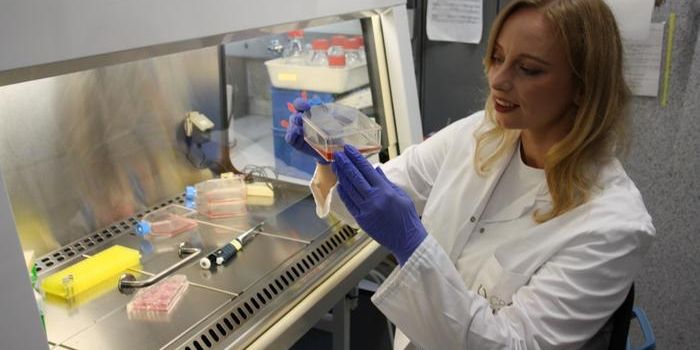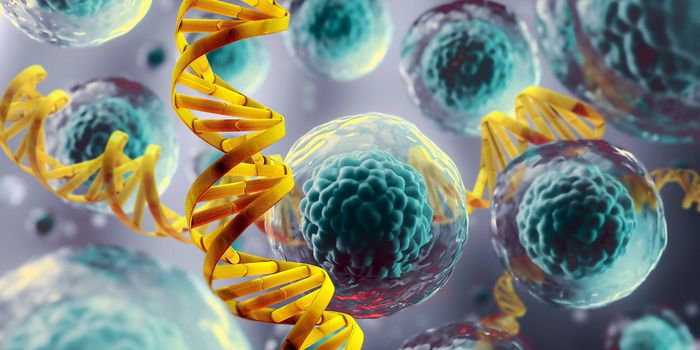Targeted radiation therapy may provide new hope to children with difficult-to-treat liver cancer
Primary malignant liver tumors are rare in children with an occurrence rate of 1-2% of all childhood cancers. Radical surgical resection of the liver, which means the removal of part of the liver, is the best treatment option for liver malignancies and provides the only chance for cure and survival. Liver transplantation and chemotherapy are also used in treatment.
Some children have an unresectable tumor that can not be removed by surgery. Therefore, chemotherapy becomes the best option, but when it also fails, other treatment options are not effective.
A new study published this month in the journal Pediatric Blood and Cancer showed that the use of transarterial radioembolization utilizing yttrium‐90 (TARE‐Y90) in children with unresectable malignancies might provide an alternative treatment to reduce tumor size to be later removed by surgery, as a bridge to liver transplantation, or as a type of palliative treatment with less side effects.
The procedure uses microspheres impregnated with the radioisotope Y90 which are selectively delivered via a catheter through the hepatic arteries to the target tumor, Y90 is a beta emitting isotope with high energy radiation that travels short distances in tissues. These beta particles can induce direct cytotoxic destruction to the target tissue; this targeted radiation therapy provides destruction to the tumor without affecting normal liver tissues.
"When chemotherapy fails, additional treatment options for children with non-surgical liver cancers are limited and not very effective," said Allison Aguado, MD, lead author of the study and pediatric interventional radiologist at Nemours/Alfred I. DuPont Hospital for Children in Wilmington, Del., one of the few locations pediatric patients can receive this care. "TARE-Y90 has the potential to offer children with the hardest to treat liver cancer a treatment that is less toxic than current options and could facilitate a cure."
This study is a retrospective review of 10 children aged 2-18 years old with a liver malignancy treated with TARE‐Y90 between January 2011 and April 2017 at Cincinnati Children's Hospital. All the children had unresectable and chemoresistant primary liver malignancy.
Nine of the ten patients were observed overnight post procedure for pain management and the tenth patient was discharged the same day with no issues. Most patients showed either no side effects or some mild side effects as fatigue and fever with no infection. Patients were treated with TARE-Y90 more than once, and it was well tolerated.
The results of the TARE-Y90 treatment were as follows; seven patients showed temporary disease control, two patients showed a partial response and one patient showed a strong response that led to liver transplantation.
TARE-Y90 which is FDA approved is usually used with adult patients with unresectable primary or secondary liver malignancies; it leads to improving survival and downstaging the tumor before a liver transplant. However, its use in pediatric patients was limited due to the rare occurrence of this type of malignancy, the need for specialized equipment and experienced technicians for its safe use.
This study shows that TARE-Y90 could be used as adjunctive therapy in pediatric patients with unresectable liver malignancy and as a bridge to surgery or liver transplantation which gives new hope to those patients. However, the researchers suggest that more research is required to confirm the efficacy of this treatment in children and how to be optimized. They also report the weaknesses of this study as the retrospective nature of the study and the patient's selection bias as the patients were only selected if they had an unresectable chemoresistant disease, without case-control study for comparison.
Watch the video below to learn more about Y90 microspheres mode of action in liver malignancies.
Sources: EurekAlert, Pediatric oncology, YouTube








